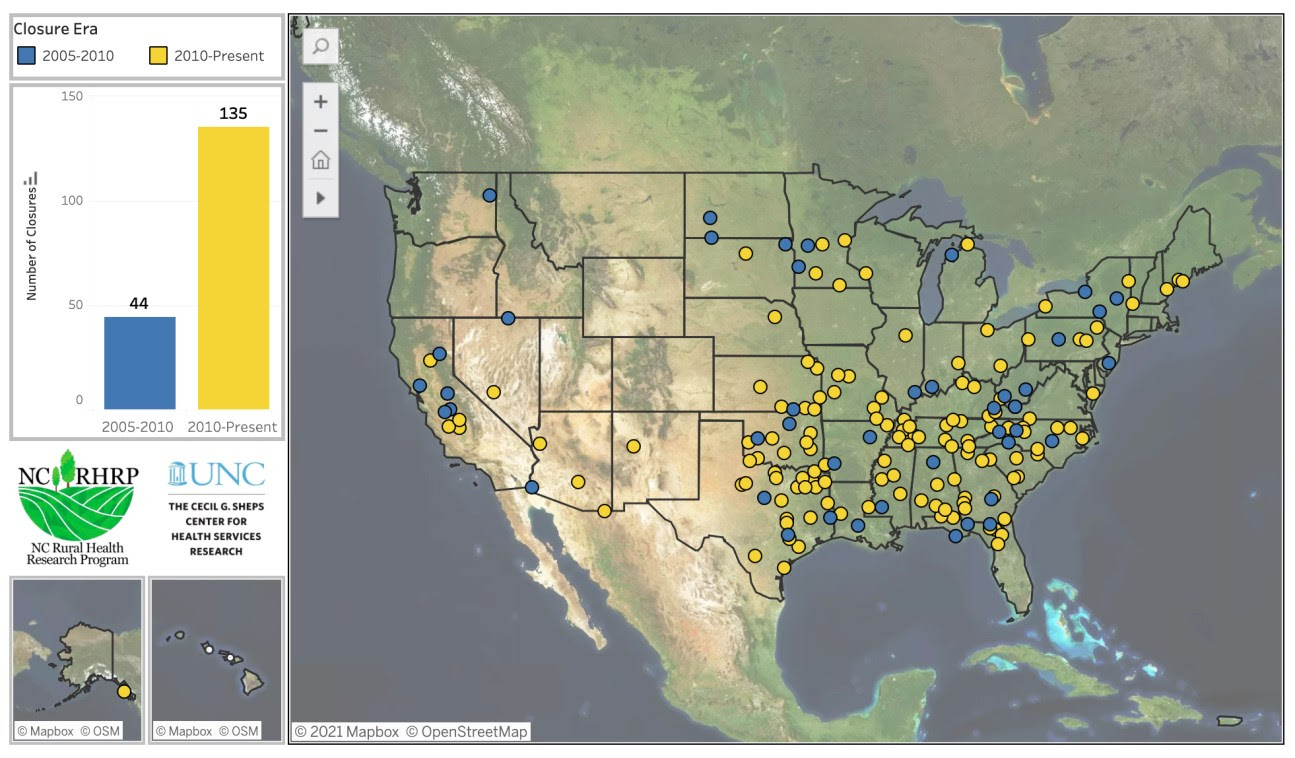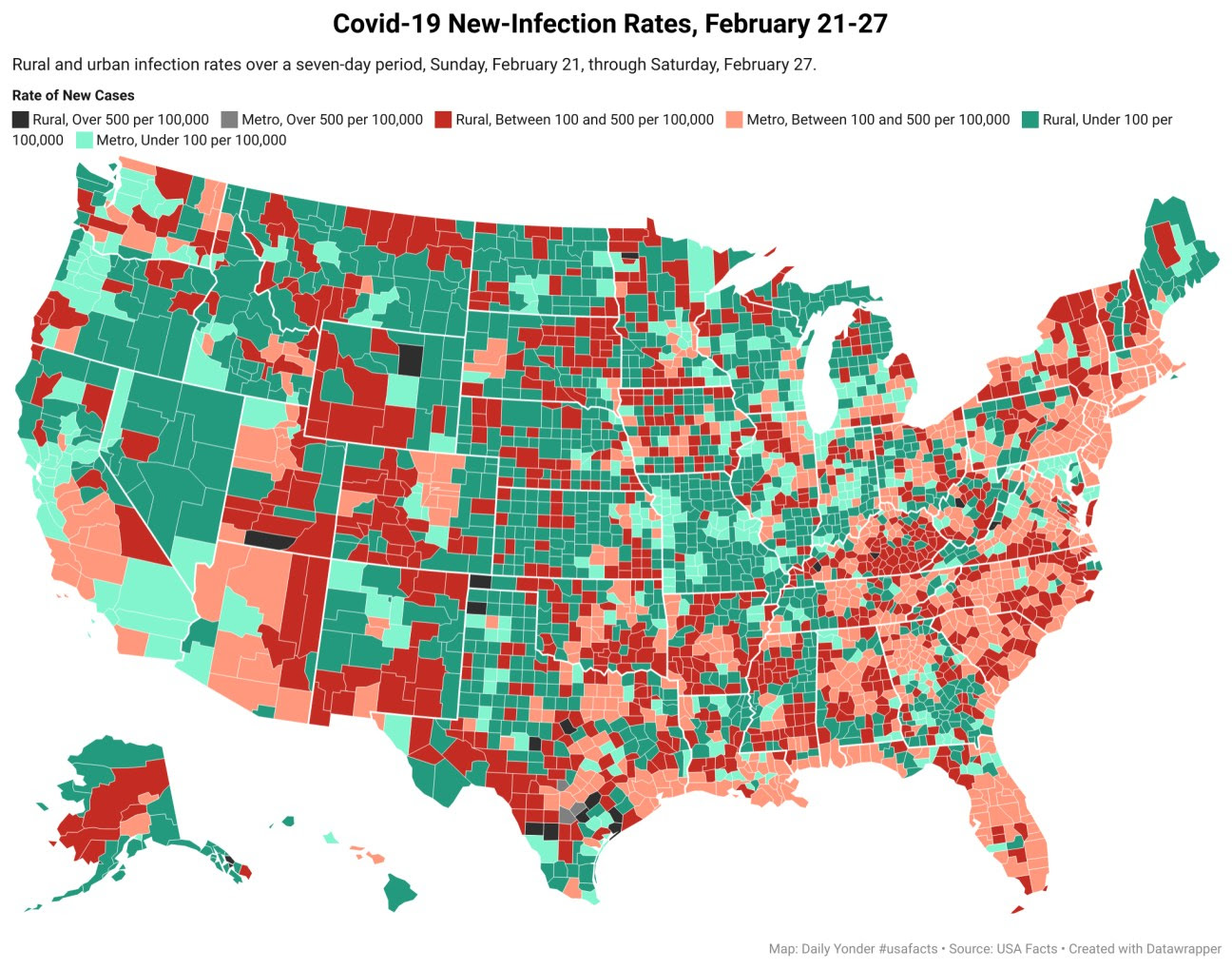- Public Inspection: CMS: Medicare Program: Prospective Payment System and Consolidated Billing for Skilled Nursing Facilities; Updates to the Quality Reporting Program for Federal Fiscal Year 2026
- Public Inspection: CMS: Medicare Program: Fiscal Year 2026 Hospice Wage Index and Payment Rate Update and Hospice Quality Reporting Program Requirements
- CMS: Request for Information; Health Technology Ecosystem
- VA: Staff Sergeant Fox Suicide Prevention Grant Program Funding Opportunity
- State: 60-Day Notice of Proposed Information Collection: J-1 Visa Waiver Recommendation Application
- Public Inspection: CMS: Request for Information: Health Technology Ecosystem
- HHS: Request for Information (RFI): Ensuring Lawful Regulation and Unleashing Innovation To Make American Healthy Again
- VA: Solicitation of Nominations for the Appointment to the Advisory Committee on Tribal and Indian Affairs
- GAO Seeks New Members for Tribal and Indigenous Advisory Council
- VA: Staff Sergeant Fox Suicide Prevention Grant Program Funding Opportunity
- Telehealth Study Recruiting Veterans Now
- USDA Delivers Immediate Relief to Farmers, Ranchers and Rural Communities Impacted by Recent Disasters
- Submit Nominations for Partnership for Quality Measurement (PQM) Committees
- Unleashing Prosperity Through Deregulation of the Medicare Program (Executive Order 14192) - Request for Information
- Dr. Mehmet Oz Shares Vision for CMS
Commentary: Extreme Weather Impacts Heating Costs Outside Hard-Hit Texas

By Donna Kallner
Residents of other small towns and rural areas may see a related spike on upcoming utility bills.
Read more
Rural Hospitals Risk Closure Due to Covid-19-Related Drop in Revenue in 2021

By Liz Carey
The American Hospital Association warns that without continued government support, many rural hospitals will be forced to shut their doors, leaving patients without care and local economies without their main employer and consumer.
Read more

Rural Vaccination Rates Vary, and Data Is Hard to Come By
By Liz Carey
In two-thirds of the states where we can track vaccinations by county, rural areas are doing relatively well. One reason may be that a greater percentage of the rural population is eligible for the first rounds of vaccination.
Read more

Covid-19 Improvement Levels off after Weeks of Lower Rural Infection Rates

By Tim Murphy and Tim Marema
After dropping by an average of 20% each week for six straight weeks, the number of new Covid-19 cases fell by only 1% last week. It’s too soon to say if the change represents a pause or reversal in improvement, or simply an anomaly in data reporting caused by severe weather.
Read more

Quality Insights 2021 SMBP Practice Module
Quality Insights is honoring American Heart Month with the release of the 2021 Screening, Measurement, and Self-Management of Blood Pressure (SMBP) Practice Module. This updated resource is designed to promote cardiovascular health and blood pressure management, both in the clinical setting and at home. New to the SMBP Practice Module:
- Highlights and resources from The Surgeon General’s Call to Action to Control Hypertension
- Review of newly released (2020) scientific evidence supporting SMBP
- Strategies for improving team-based care, medication adherence and accurate blood pressure measurement
- Resource links for implementing SMBP in your practice, including toolkits, validated device listing, and more
Download the SMBP Practice Module and accompanying Workflow Modification guide today.
American Diabetes Association Patient Education Library
The American Diabetes Association (ADA) Patient Education Library offers free, downloadable diabetes education resources that can be filtered by category and language. There are eleven language options and it offers items that include:
- Prediabetes: What Is It and What Can I Do?
- Are You at Risk for Type 2 Diabetes?
- Factors Affecting Blood Glucose
- Diabetes: An Introduction
- Diabetes Symptoms (describes symptoms of Type 1 and Type 2 diabetes
You can also access additional multilingual education resources covering a variety of health topics on the National Institute of Diabetes and Digestive and Kidney Diseases (NIDDK) and the National Library of Medicine.
ACOG Summary & Slides of Recent Pregnancy & COVID-19 Vaccine Call
The one-page summary and slides of the American College of Obstetrics and Gynecology’s (ACOG) position on COVID-19 vaccination and pregnancy presented during a recent National Adult and Influenza Immunization Summit’s (NAIIS) call are now available. ACOG recommends that COVID-19 vaccines not be withheld from pregnant individuals who meet criteria for vaccination, and these individuals should be free to make their own decision regarding vaccination. Pregnant individuals are encouraged to discuss this decision with their healthcare team, but documentation of this discussion is not required. They also recommend that COVID-19 vaccines be offered to lactating individuals based on their prioritization group. There is no need to avoid starting nor to discontinue breastfeeding in people who receive a COVID-19 vaccine. They also offer helpful resources on COVID-19 and pregnancy on their webpages. These are excerpted on a handy one-page document.
Mental Health and Substance Abuse Services Telehealth Survey
The Pennsylvania Office of Mental Health and Substance Abuse Services (OMHSAS), with support from the Pennsylvania Department of Drug and Alcohol Programs (DDAP), released the OMHSAS Telehealth Survey Report. This telehealth survey was conducted in the Spring of 2020, during the initial onset of COVID-19. The results of the Telehealth Survey have allowed OMHSAS to hear directly from stakeholders and to better understand their experiences with and access to telehealth during these tumultuous and difficult times. Here is a link to the OMHSAS Telehealth Survey Report on OMHSAS’s Telehealth webpage. If you would like to contact OMHSAS about this report, please send an email to RA-PWTBHS@pa.gov.
NHSC Offers Free DATA 2000 Training
Clinicians working to address the opioid epidemic may be eligible for free training to provide medication-assisted treatment (MAT). This training will help you qualify for some National Health Service Corps (NHSC) programs. If you are already in an NHSC program, you may qualify for enhanced award benefits. NHSC is partnering with the Substance Abuse and Mental Health Services Administration (SAMHSA) to increase the number of Drug Addiction Treatment Act of 2000 (DATA 2000) Waiver-certified clinicians in high-need communities. SAMHSA’s Provider Clinical Support System (PCSS) offers the most effective, evidence-based clinical practices in preventing, identifying, and treating opioid-use disorder (OUD).
Wright Center Family Medicine Residency Earns Highest Accreditation
The Accreditation Council for Graduate Medical Education (ACGME) has granted The Wright Center for Graduate Medical Education’s pioneering National Family Medicine Residency Program a full 10-year accreditation, the highest rating available. The ACGME is a private, not-for-profit organization that sets quality standards for U.S. graduate medical education programs and renders accreditation decisions based on compliance with these standards of best practices. As the largest Teaching Health Center Graduate Medical Education Consortium in the country, The Wright Center trains residents to provide care to the nation’s most vulnerable patients in high-performing, certified Patient-Centered Medical Homes, Federally Qualified Health Centers, and community-based hospitals. From humble beginnings in 1976 as the Scranton Temple Residency Program with just six internal medicine residents, it has blossomed into a physician-led, nonprofit organization with more than 650 employees and close to 250 physician learners.
